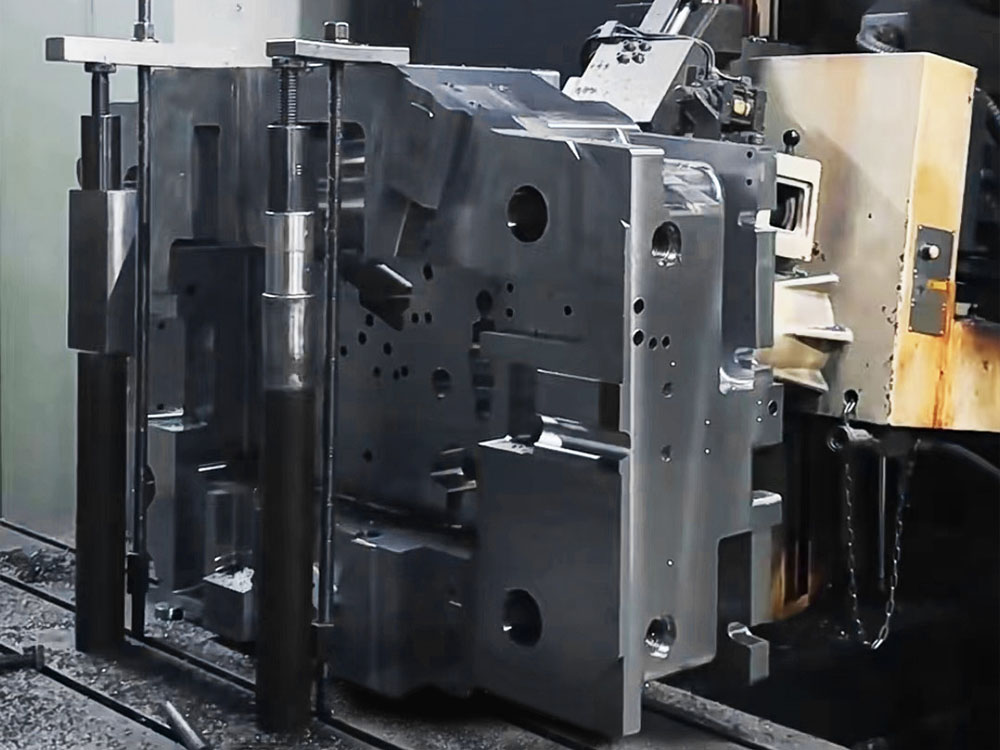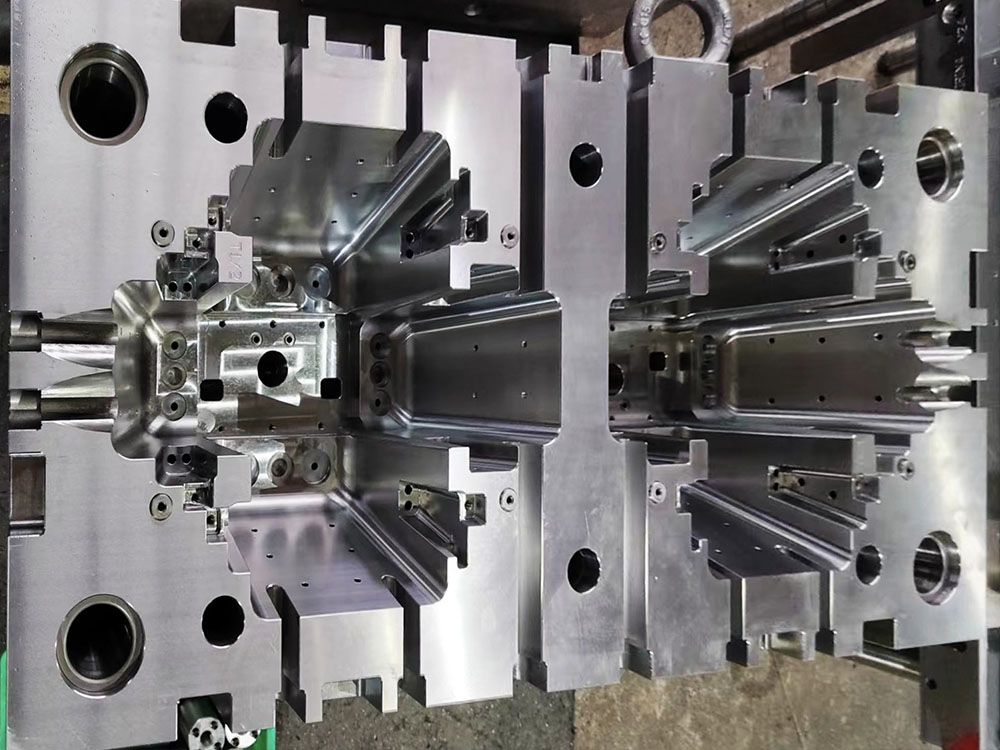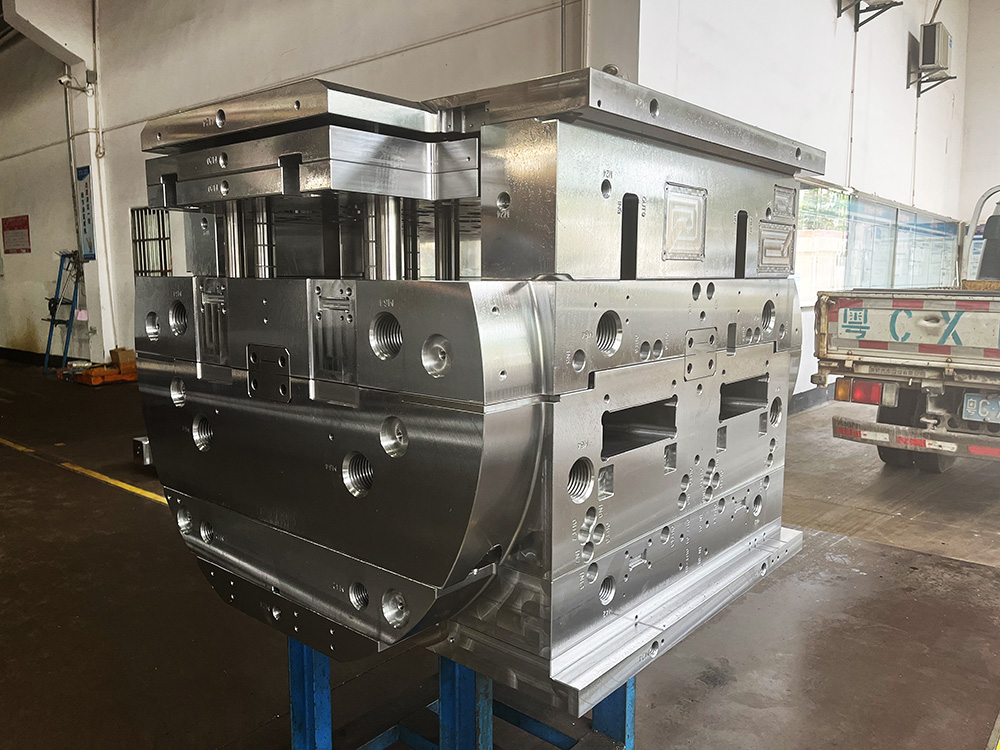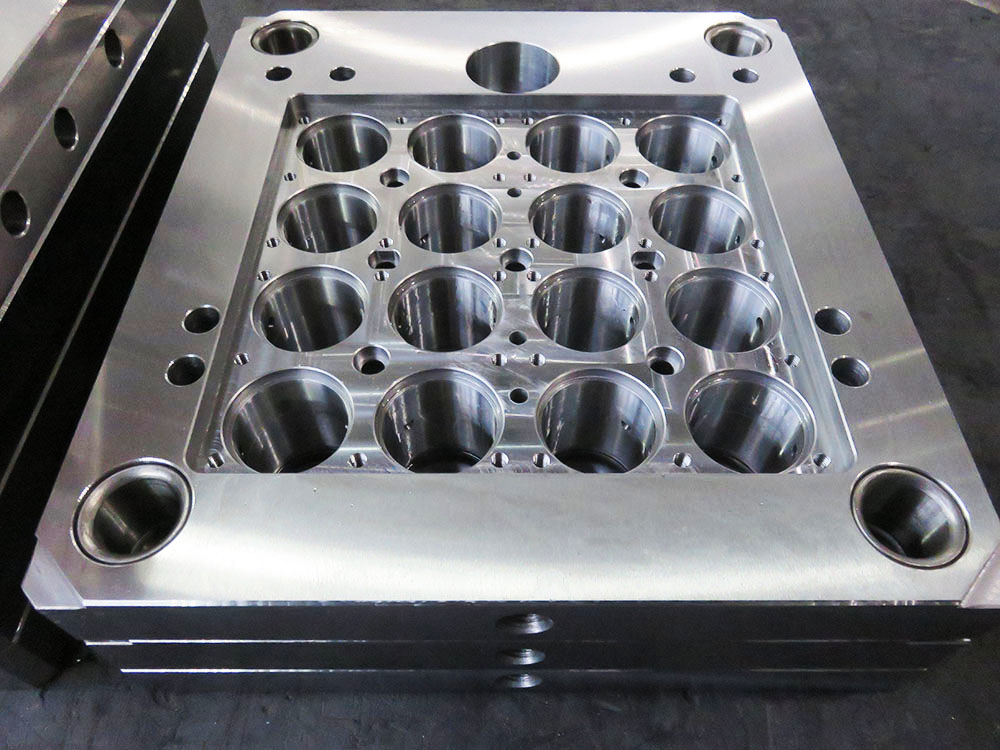Personalized Die Casting Molds: Customized Production Solutions
Die casting molds play a crucial role in the manufacturing industry, especially in the production of complex and high-precision components. With advancements in technology and growing market demands, the mold base industry has evolved to provide personalized solutions tailored to meet specific production requirements. This article delves into the world of personalized die casting molds, highlighting the importance of customized production solutions.
Understanding the Mold Base Industry
The mold base industry serves as the foundation for die casting mold production. It encompasses various stages, from mold design and machining to assembly and testing. Traditionally, standardized mold bases were commonly used, providing a quick and cost-effective solution for many manufacturing processes. However, as industries sought to produce more intricate and customized components, the demand for personalized molds grew.
Modern mold base companies now offer a range of customization options to cater to diverse manufacturing needs. These options include altering the mold base dimensions, incorporating specific cooling or heating systems, and implementing advanced part ejection mechanisms. Such customization ensures optimal efficiency and performance in the die casting process.
The Significance of Personalized Die Casting Molds
Personalized die casting molds offer numerous advantages over standardized alternatives. Firstly, they allow for greater design flexibility, enabling manufacturers to produce complex geometries that were previously unattainable. This flexibility is particularly beneficial in industries such as automotive, aerospace, and electronics, where intricate components are in high demand.
Secondly, customized molds ensure enhanced precision and accuracy, resulting in higher-quality end products. By tailoring the mold to the specific requirements of a component, manufacturers can minimize material waste and ensure consistent part dimensions. This level of precision is critical in industries that rely on tightly-toleranced parts for optimal performance.
Furthermore, personalized die casting molds contribute to improved production efficiency and cost-effectiveness. Mold bases can be designed to streamline the production process, reducing cycle times and increasing productivity. Additionally, customization allows for greater control over cooling systems, ensuring uniform cooling and reducing the risk of defects. These factors ultimately lead to decreased production costs and improved profitability.
The Customization Process
The process of personalizing die casting molds begins with thorough communication between the manufacturer and the mold base company. This includes detailed discussions about the desired component, its intended application, production volume, and any specific requirements or constraints.
Once the specifications are established, the mold base company utilizes advanced design software and manufacturing techniques to develop a customized solution. Computer-aided design (CAD) and computer-aided manufacturing (CAM) play crucial roles in this process, ensuring accurate and precise mold designs.
After the design phase, the mold base is machined, assembled, and thoroughly tested for functionality and quality. This includes testing its compatibility with the specific die casting machine and assessing its performance in the production environment. The mold base company works closely with the manufacturer throughout this process to ensure that all requirements are met and that the final product meets the highest standards.
The Future of Personalized Die Casting Molds
As industries continue to evolve and demand more advanced and unique components, the mold base industry will further expand its capabilities in customized production solutions. Advancements in additive manufacturing, or 3D printing, are expected to revolutionize the mold base industry, allowing for even greater design freedom and faster production times.
Moreover, the integration of artificial intelligence and machine learning algorithms into the customization process holds the potential to optimize mold design, manufacturing, and performance. These technologies can analyze vast amounts of data, enabling the identification of design modifications that enhance efficiency, reduce defects, and maximize cost-effectiveness.
Conclusion
Personalized die casting molds have become essential in the manufacturing industry, offering tailored solutions to meet specific production requirements. By enabling greater design flexibility, enhanced precision, improved production efficiency, and cost-effectiveness, personalized molds have revolutionized the die casting process. As technology continues to advance, the mold base industry will continue to innovate, providing even more sophisticated customized production solutions for industries worldwide.




